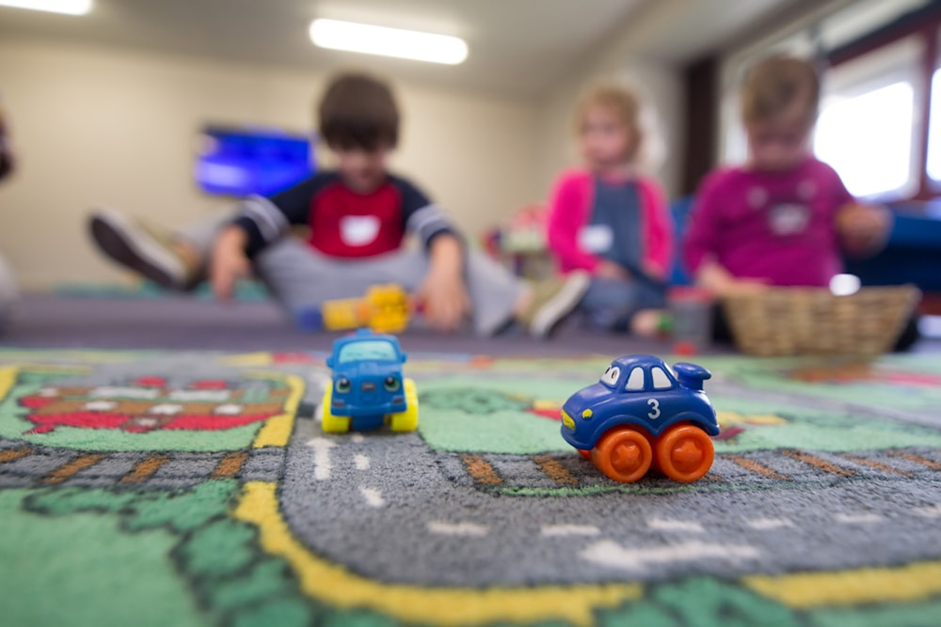Importance of Extracurricular Activities in Primary Schools
Extracurricular activities play an important role in shaping
the holistic development of primary school in India . While academic excellence is important,
these supplementary activities offer various benefits that enrich a child's
overall learning experience. From sports and arts to clubs and community
service, these activities provide a platform for students to explore their
interests, and develop important life skills beyond the classroom. They promote
teamwork, leadership, time management, and resilience, fostering qualities that
are integral for success in the later stages of life. Moreover, extracurricular
engagements contribute to social and emotional growth, enhancing
self-confidence and a sense of belonging among children. Here, we will explore
the significance of extracurricular activities in primary schools and their
lasting impact on student's personal and academic journeys.
Why Extracurricular Activities are Important in Primary Schools
Here, we have mentioned the importance of extracurricular activities in primary school.
Holistic Development
Extracurricular activities are important for fostering
holistic development in primary school students. While academics focus on
cognitive skills, extracurricular activities focus on a broader range of
skills, such as social, emotional, physical, and creative development. Engaging
in activities like sports, arts, music, drama, and community service allows
children to explore their interests, discover hidden talents, and develop a
well-rounded personality.
Enhanced Learning Experience
Participation in extracurricular activities provides
students with a hands-on and experiential learning experience. These activities
often involve practical applications of theoretical knowledge learned in
classrooms. For instance, a science club may conduct experiments, a debating
society can improve communication skills, and sports teams teach teamwork and
resilience. This practical approach complements academic learning and
reinforces concepts in a meaningful way.
Social and Emotional Skills
Extracurricular activities play a significant role in
developing important social and emotional skills in children. Students learn
cooperation, empathy, conflict resolution, and leadership through interactions
with peers, teachers, and mentors in diverse settings. These experiences
contribute to improved self-esteem, confidence, and a sense of belonging, which
are essential for healthy social and emotional development.
Time Management and Discipline
Engaging in extracurricular activities teaches students
valuable life skills such as time management, prioritization, and discipline.
Balancing academics with other commitments encourages students to manage their
time effectively, set goals, and meet deadlines. This skill set not only
benefits their academic performance but also prepares them for future
challenges in higher education and professional life.
Healthy Lifestyle
Many extracurricular activities promote physical fitness and
a healthy lifestyle. Participation in sports, dance, yoga, or outdoor
activities not only keeps children physically active but also instills habits
of regular exercise and wellness. A healthy body leads to a healthy mind,
improving concentration, mood, and overall well-being, which positively impacts
academic performance.
Exploration and Career Readiness
Exposure to various extracurricular activities allows
students to explore diverse interests and potential career paths from a young
age. Whether it's joining a sports club or learning a musical instrument, these
experiences help students discover their passions and strengths. This
exploration early in life aids in making informed decisions about future
academic pursuits and career choices, contributing to long-term success and
fulfilment.
Conclusion
One cannot stress the value of extracurricular activities in
primary schools. These activities are instrumental in fostering holistic
development, enhancing the learning experience, promoting social and emotional
skills, instilling discipline and time management, encouraging a healthy
lifestyle, and facilitating the exploration of interests and career readiness.
They complement academic education by providing practical, hands-on learning
opportunities and by nurturing various facets of a child's personality.
The HDFC School
is a great option for students due to its commitment to holistic education. It
offers a wide range of extracurricular activities along with a strong academic
curriculum. With state-of-the-art facilities, experienced faculty, and a focus
on overall development, students at HDFC School are provided with an enriching
environment where they can excel academically, explore their talents, and
develop essential life skills that will prepare them for a successful future.
Original content :- Importance of Extracurricular Activities in Primary Schools













Comments
Post a Comment